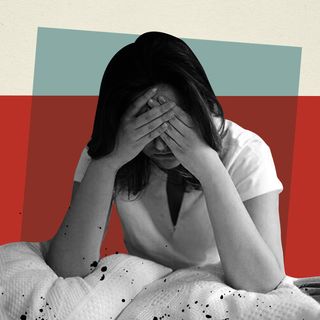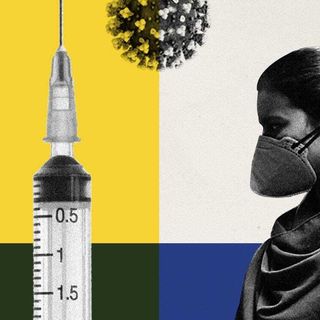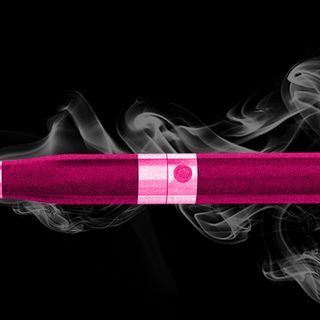Survivors of Covid19 are at a greater risk of being diagnosed with mental health disorders, one study has found.
The results showed that nearly one in five Covid19 survivors received a first-time diagnosis of anxiety, depression, or insomnia, within three months of testing positive for Covid19, making them twice as likely to receive a diagnosis for a mental disorder as other patient groups within the same time period. The study also noted a higher risk of dementia in Covid19-survivors.
While anxiety and depression are psychiatric disorders, insomnia is a complex condition that usually signifies other disorders. Dementia is a syndrome characterized by neurocognitive degeneration. Despite these differences, all of the disorders studied by researchers are rooted in the brain.
The researchers are unsure why this happening, but they have some hypotheses. “The virus might be directly affecting the brain in some ways, maybe through the immune system, which leads to the mental health problem…. But more importantly, the experience of having had Covid19 and understanding all the things that might have happened to you with all the fears and concerns that the virus led people to have, may also be a reason,” Paul Harrison, professor of psychiatry at the University of Oxford, and co-author of the study, told Al Jazeera.
The study also found that people with a pre-existing mental illness were 65% more likely to be diagnosed with Covid19 than those without one, so it’s possible the sample researchers used was predisposed to mental illnesses and/or brain disorders, biasing the rate of diagnoses post-Covid19.
The researchers noted that the study also did not take into account factors like socio-economic background, smoking, or use of drug use, which have an impact upon physical health. They say the study is a first look, rather than the final word, on an important topic.
Related on The Swaddle:
UN Urges Countries to Protect People From Mental Health Crisis Amid Covid19 Pandemic
While “…it’s not at all implausible that Covid19 might have some direct effect on your brain and your mental health … I think that, again, remains to be positively demonstrated,” Harrison added.
Published in the journalLancet Psychiatry, the study examined the health data of 69 million people — more than 62,000 of whom were Covid19 survivors. The data used in the study was obtained from TriNetX Analytics Network‘s anonymized data from electronic health records across the U.S.
Still, there is little doubt being sick with Covid19 can affect mental health, even if it’s unclear whether the cause is the virus or the experience. Closer home in Assam, when the state government started a program to provide emotional support, counseling, and treatment to patients of Covid19, they found that almost half the patients they reached out to in June showed symptoms of depression and clinical anxiety, with some even showing suicidal tendencies due to job loss, financial insecurity, and a sense of uncertainty caused by the pandemic.
While experts continue their attempts to understand the link between Covid19 and psychiatric and other brain disorders, the present takeaway is that with growing numbers of Covid19-cases, health services must prepare for increased follow-up health care as well. “[Health] services need to be ready to provide care, especially since our results are likely to be underestimates” of the number of psychiatric patients, Harrison noted.




